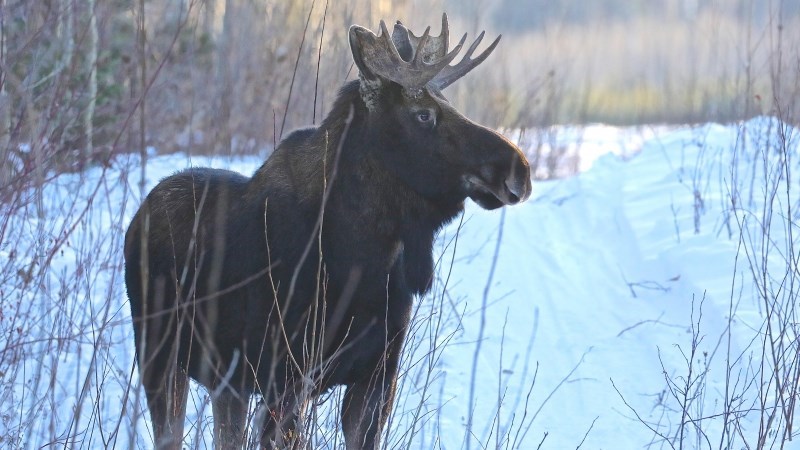In the wake of sawmill curtailments and shutdowns and the permanent closure of Canfor’s pulp line at Prince George Pulp and Paper, a group of concerned stakeholders is gathering Feb. 28 at UNBC to discuss future of our forests and how they should be managed to increase sustainability and maximize job potential.
James Steidle, the organizer of the Future of Forestry in Our Region: A Community Conversation, says the forum is needed to inform the community about alternatives to existing forest practices and what should be done to protect species habitat, promote forest vitality and minimize the effects of logging.
“It’s not just about growing plantations for sawmills that are throwing everybody out of work,” said Steidle. “There’s other values there, there’s tourism, hunting, trapping and ranching to consider. We want to talk about tenure reform and talk about maybe getting a community forest for Prince George and alternatives to clear-cutting.
“We’re one of the few municipalities that doesn’t have a community forest. I think where we need to go with the tenure on the land base is getting the public resource into the hands of smaller operations that can add value to our products and will provide a lot more employment per unit as timber harvested because right now we don’t have that. We have huge super mills chewing through our forests and there’s less and less being given in return for that.”
The lineup of guest speakers includes Ben Parfitt from the Canadian Centre for Policy Alternatives; Prince George-Mackenzie MLA Mike Morris; Canfor millwright Chuck LeBlanc, president of the Public and Private Workers of Canada Local 9; Prince George Mayor Simon Yu and Liam Parfitt, co-owner of Freya Logging.
“Liam runs Freya Logging, one of the biggest logging operations in Prince George and he’s really breaking ground on the idea of doing selective logging and to improve moose habitat and to help the forests regenerate easier after logging,” said Steidle. ”There’s more work for loggers doing it that way.”
Morris, who has a long history of operating a fur-bearing animal trapline, has seen firsthand the effects of clearcut logging on wildlife and he says forest practices have to change to prevent animal extinctions.
“We need to start looking at the complete forest, it’s not just fibre, it’s biodiversity, it’s the hydrological integrity of the land we need at look at and consider moving forward in a new forestry model, ” said Morris.
“I think community forests (managed locally) have been a good model for the province and they work quite well. The community forests, private woodlots and, to a degree, the tree-farm licenses out there have been operating as area-based tenures a lot better than the volume-based models that we’ve seen. I’d like to go more in that direction but also adopt a more ecological approach to forestry.”
Morris says there’s a lack of understanding about what happens to wildlife populations after an area has been harvested and he’s read enough scientific studies to realize what current clearcutting practices are doing to destroy animal habitat.
“Any animals that are in a tree cavity or nest at the time are probably killed in the process and the ones that escape end up in habitat that is adjacent to what’s being logged, but what people don’t know about wildlife is they’re territorial and they’ll fight to the death to protect their territory, so there’s no net gain of animals going into that area,” Morris said.
“The other alternative is they disburse into an area that’s already been logged with no habitat and they end up starving and dying. When we log 200,000 hectares every year, as we’ve been doing for the last several decades, that’s a lot of animals that die, and we see that with our moose populations down 70 or 80 per cent across the province. In 1997 we harvested 14,000 moose in the province and in 2020 we harvested about 4,000, yet we’ve got triple the amount of hunters out there compared to what we had before.”
Morris, the Liberal public safety critic, will also talk about hydrology reports which indicate forest depletion from clearcut harvesting combined with historic rain events have left parts of the province vulnerable to catastrophic flooding, like what happened to Merritt and the Lower Mainland in November 2021, and the risk of the government being held liable if the problem is ignored.
The two-hour forum starts at 6:30 p.m. on Tuesday, Feb. 28 and will be held at the Canfor Theatre at UNBC. Each speaker will make a 20-minute presentation, followed by a question-and-answer session.



